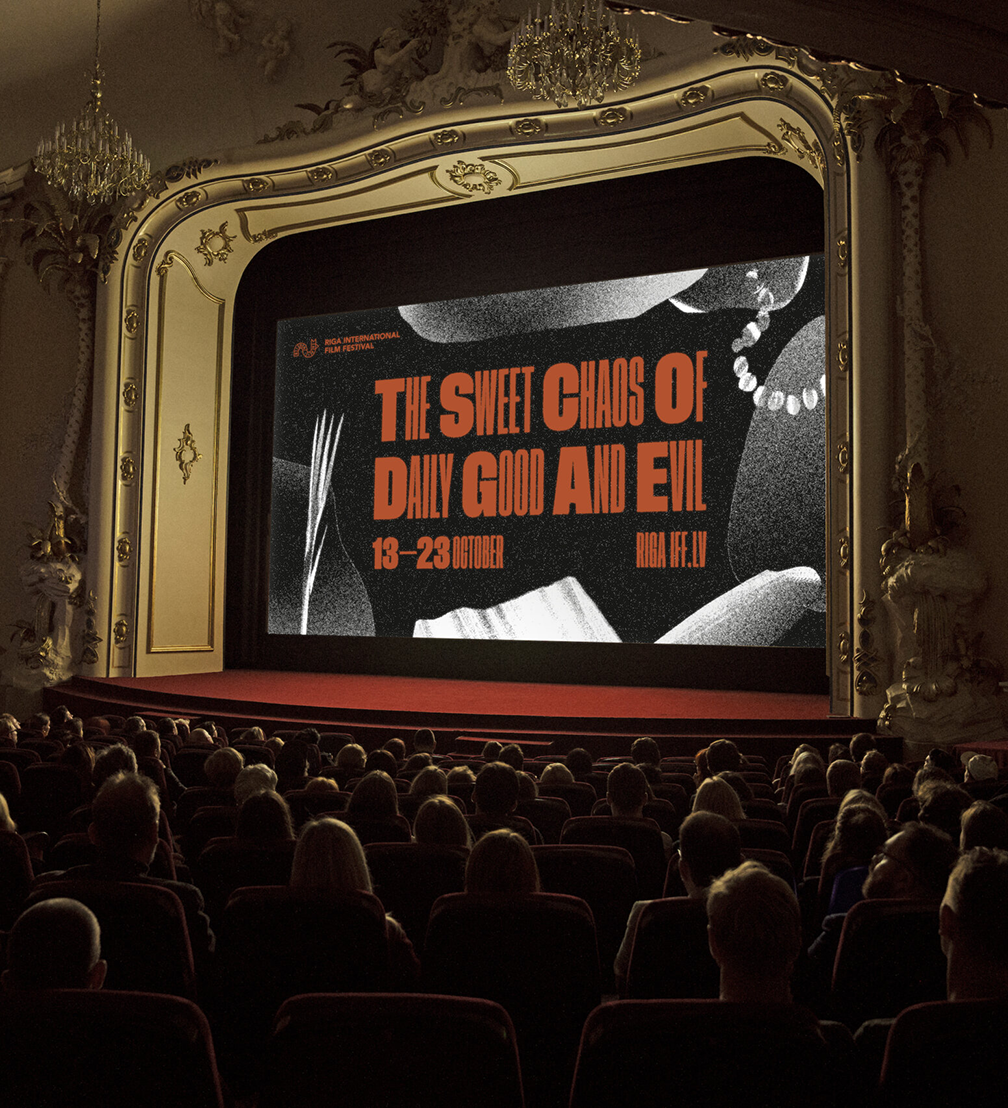
The Riga International Film Festival (Riga IFF) will bring together local and international audiences for the ninth time this year. Riga IFF takes place between 13 and 23 October and is one of the most important film events in the Baltic Sea region. The broad programme of more than 100 local, European, and international films will screen both in person and online. This time, the traditional section Architect’s Cut will focus on architecture as a character.
«Riga IFF embodies not just a film selection that showcases the most recent works by prominent directors, scenes with famous actors, or gems from the major streaming platforms. The structural endeavours of our festival are more ambitious. They encompass a profound shaping of form and content, thoughtful film curation and professional performance of people that contribute with countless ideals and long honed skills. All of this is aimed to serve our audience — keen and inquisitive minds remaining open to ever-new challenging reflections and ready to immerse themselves in the vast mosaic of contemporary cinema offered by us every autumn,» says Festival Director Liene Treimane.
The festival will open on 13 October with My Love Affair with Marriage by US-based Latvian animation filmmaker Signe Baumane. This will be the film’s national premiere, having previously had its world premiere at the Tribeca Film Festival and winning awards at the Annecy International Animation Film Festival. The filmmaker will attend the opening screening in person.
Words by film director and writer Pier Paolo Pasolini, who is the focus of the Riga IFF retrospective programme this year, act as the festival’s slogan: «The sweet chaos of daily good and evil». The Latvian translation of the author’s novel Ragazzi di vita (Accattone) will be launched at the festival. The programme of public events is also complemented by two discussions in the Focus On Ukraine section dedicated to contemporary Ukrainian cinema: How To Decolonise the Media: Critical Cultural Journalism in Eastern Europe and Westernisation and Eastern European Cinema.
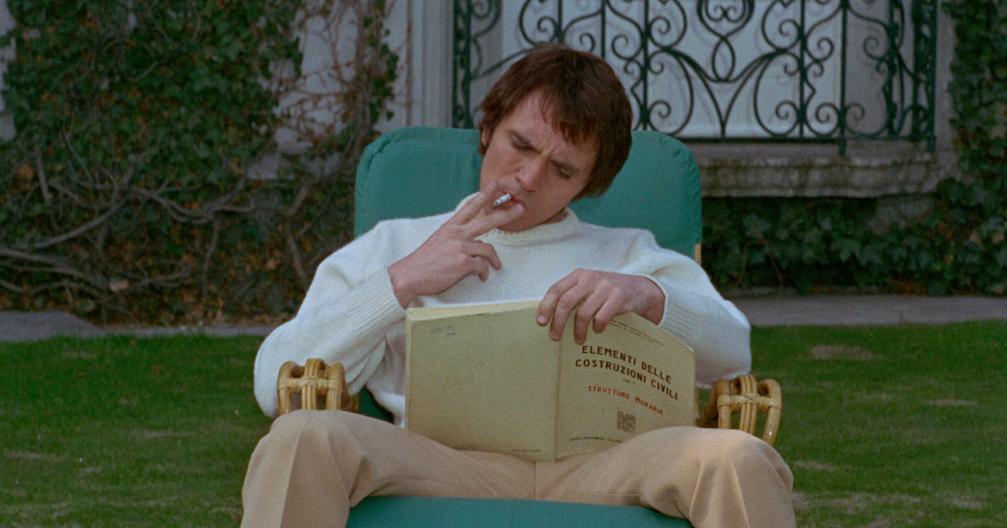
«From Greenland to Paraguay, from 217 seconds to 165 minutes — that’s how broad the boundaries of the festival’s cinematic territory are. We’ll be able to encounter both the names of the directors who are currently most noteworthy as well as newcomers whose debut films will be celebrated at the festival. The films in the programme once again surprise with their ability to be ahead of the times, to act as a warning or, on the contrary, to reassure; disappearing tribes in South America, the war in Ukraine, melting glaciers in Greenland, architects determined to transform monuments, and a lazy python living in an abandoned nuclear power plant. Over the course of eleven days, more than a hundred films will inject a unique cocktail of emotions into the slowly cooling October evenings,» says Sonora Broka, the festival’s Artistic Director.
This year’s festival will see a number of international and national premieres, both in the Home Made section dedicated to cinema from the Baltic region, and in the festival’s biggest event, the Riga IFF Feature Film Competition, where entries compete for the festival’s main prize. Both the National and International Short Film Competitions contain films that experiment, explore form, and provide examples of the latest forms of cinematic language. The winning films from these sections are put forward as candidates to the European Short Film Award. Finally, there is the Baltic Music Video Competition that brings together musicians, filmmakers, and audiences to a single screening.
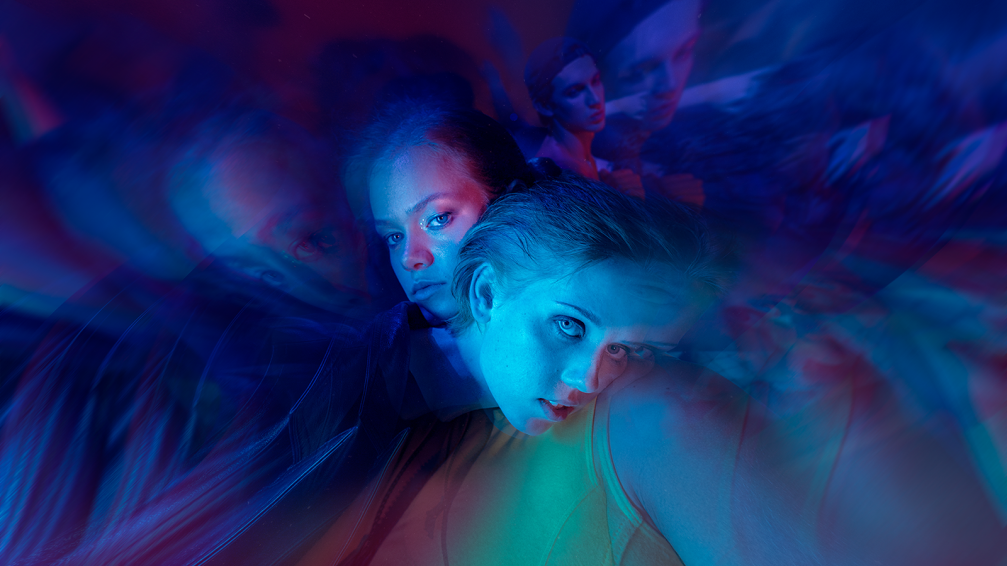
The Festival Selection section is a showcase of brilliant discoveries, and Zeitgeist Deutschland includes both a meditation on the work of the iconic filmmaker Rainer Werner Fassbinder by Francois Ozon as well as outstanding works of contemporary German cinema. As usual, the Nordic Highlights section focuses on the best films from Nordic screens.
The Architect’s Cut double screening will focus on architecture as a character, not a background. The documentary detective film Infinity According to Florian tells the story of architect Florian Yuriev, whose best-known project is threatened by the expansion of the adjacent shopping centre. Romanian director Radu Jude has created a biting short comedy Potemkinists about conformism and memory, the «Russian world» and its symbols, which are still sown like weeds in Eastern Europe.
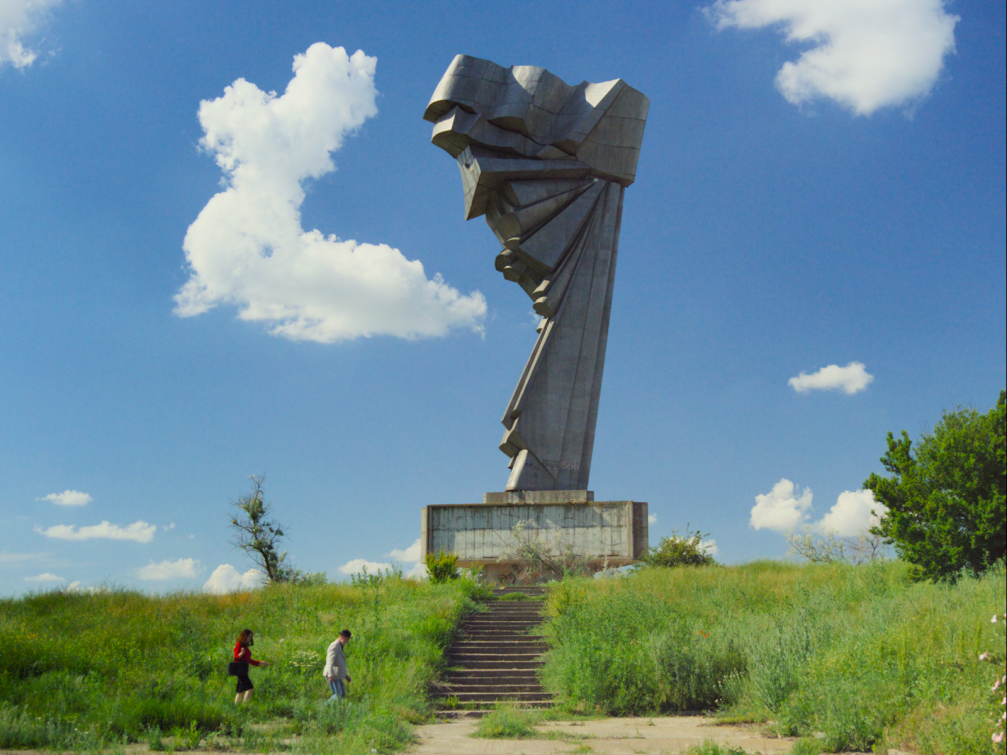
The films included in the festival’s Kids’ Reel competitions, meant for children and families, are judged by two juries — the international European Children’s Film Association jury and the festival’s traditional children’s jury. The film the latter jury chooses as a winner will go on to screen in households throughout Latvia with the support of Latvian Television.
«This year, Riga IFF will host onsite meetings — with filmmakers, spectators and daring thinkers from the Baltic States, Ukraine, the Nordic countries, Western Europe, and distant continents to reflect together about cinema as art and as a form of communication, to talk about an imagined and very real, everyday freedom,» concludes Liene Treimane.
The full programme of the festival can be found on the Riga IFF website.
Riga IFF receives support from the State Culture Capital Foundation, the Riga City Council, the National Film Centre, and Creative Europe Media programme.
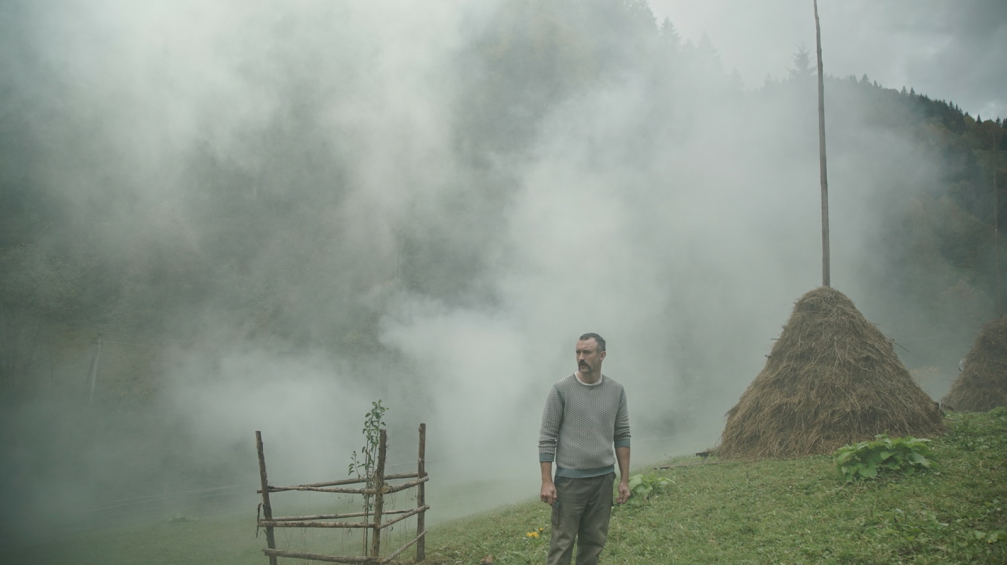
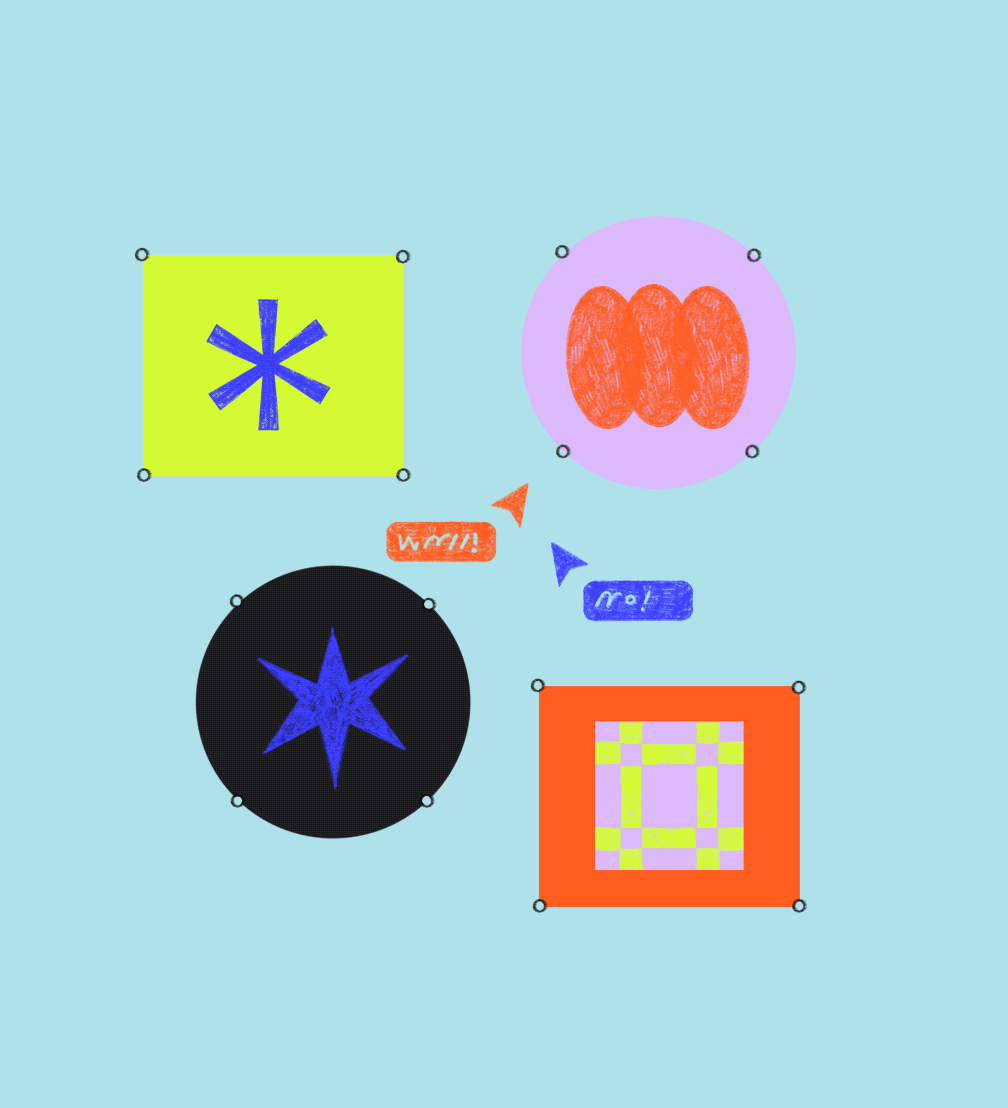
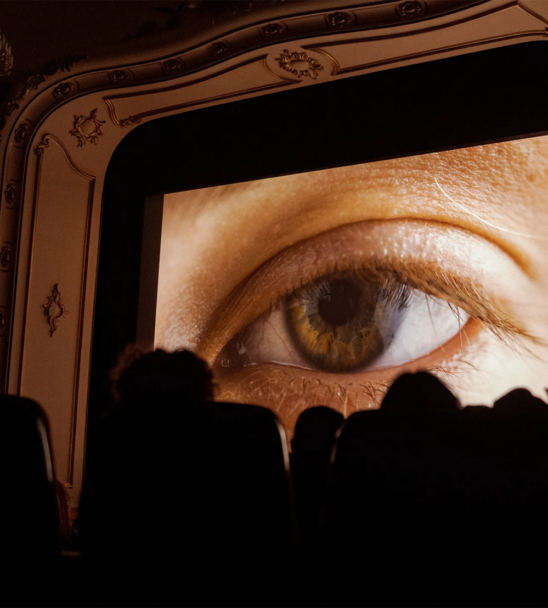
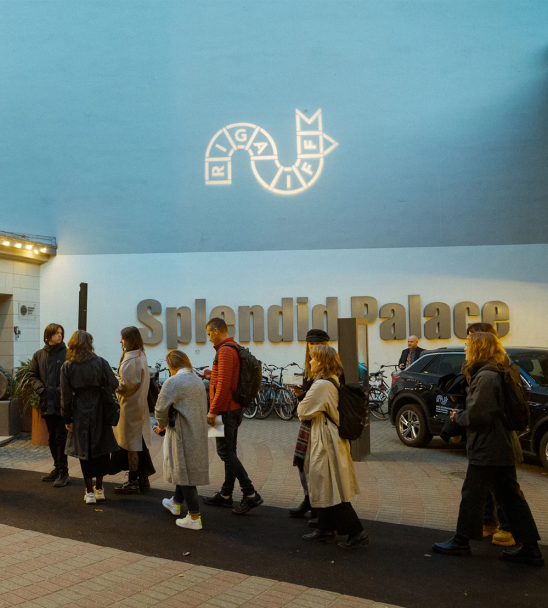
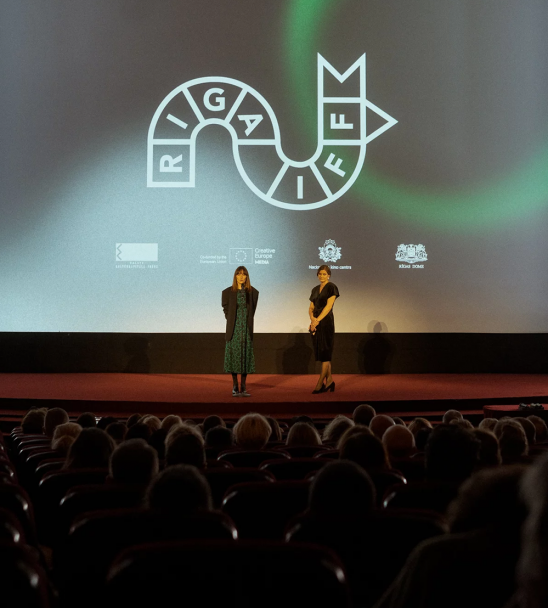
Viedokļi